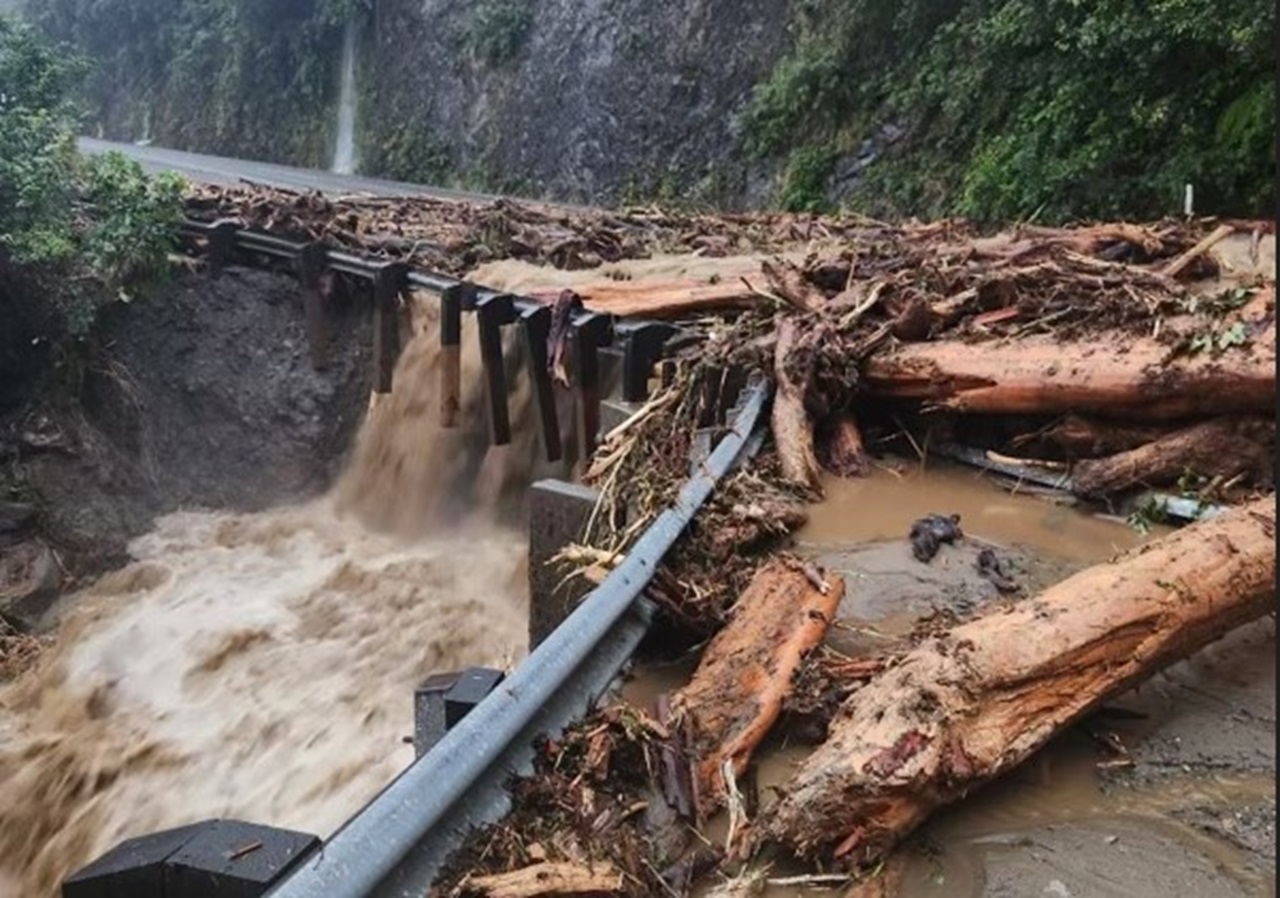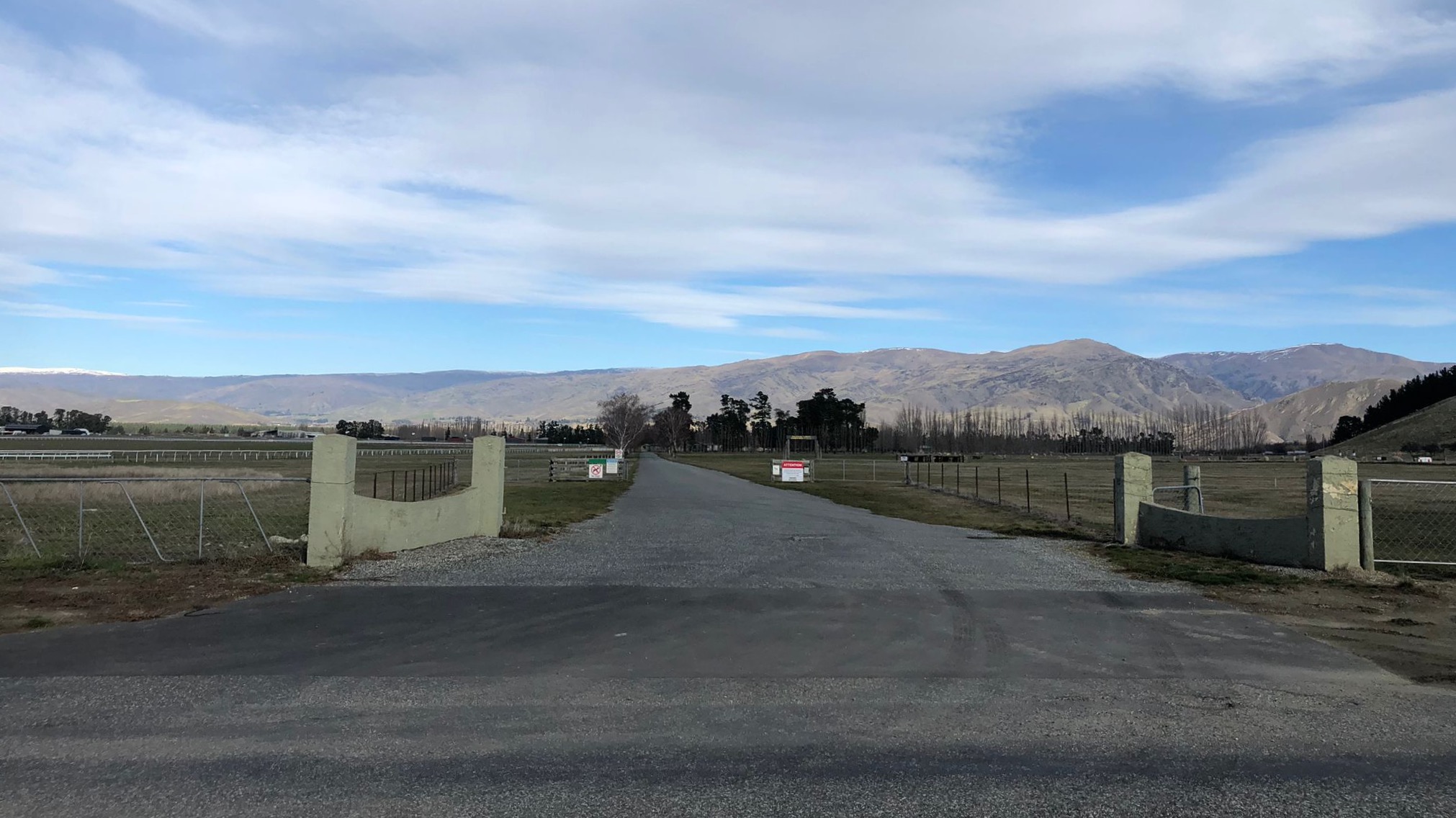New reforms for emergency management will cost councils
Aimee Wilson
20 August 2025, 5:30 PM
 Central Otago has had its fair share of emergency weather events in recent years. Photo: File
Central Otago has had its fair share of emergency weather events in recent years. Photo: FileEmergency Management Otago has welcomed new government reforms that will require councils to update their civil emergency plans.
But Local Government New Zealand (LGNZ) said councils should receive more financial backing to respond to emergency weather events, rather than heavier compliance costs.
Emergency Management Otago (EMO) group manager/controller Matthew Alley said recent events across New Zealand, and the lessons taken from them, have reinforced the importance of a strong and effective emergency management system.
“For Central Otago, these experiences underline the need for reform that ensures our communities are well prepared, supported during response, and able to recover quickly.”
Cabinet released a paper last week that would see councils having to pay $82.8M over the first four years, to implement the new requirements, and update civil emergency plans.
Better engagement with communities and iwi was also part of the reform.
Matt said it was too early to comment on the detailed costs or funding implications that may accompany the reforms.
“What matters most is that they result in a system that is sustainable, fit for purpose, and delivers real benefits for the people of Central Otago.
“We will continue to work constructively with central government and regional partners to make sure the reforms reflect the needs of our communities.”
Meanwhile LGNZ chief executive Susan Freeman-Greene said the new costs will leave councils with no option other than increasing rates.
“The actual bill for councils and their ratepayers could be much higher that the Cabinet paper implies, because it doesn’t account for the ongoing resourcing implications of minimum service levels,” she said.
Susan believes that a better solution is for the government to empower councils through a separate funding source for emergency management, such as a civil defence levy to help councils fund emergency response efforts.
“This levy, modelled on natural hazards cover, could be included with insurance premiums to support emergency preparedness and response.”
Matt said EMO recognises the direction set by central government and acknowledges that higher standards, stronger systems, and greater capability will be expected.
“For Central Otago, this means ensuring that our unique challenges—such as our rural setting, dispersed communities, and exposure to severe weather and other hazards—are properly considered in any changes.
“At the same time, Central Otago has real strengths to build on. We have highly engaged communities, a strong volunteer base, and well-connected local networks that consistently step up in times of need. Any reforms should recognise and support these local strengths, while enhancing our ability to respond and recover.”
Funding for Civil Defence Emergency Management (CDEM) in Otago is currently provided through a regional uniform targeted rate.
“Any future increases to this rate will be considered across the region to ensure fairness and balance between the needs of communities and the resources required to meet higher standards,” Matt said.
Have a story to share or comment to make? Contact [email protected]






